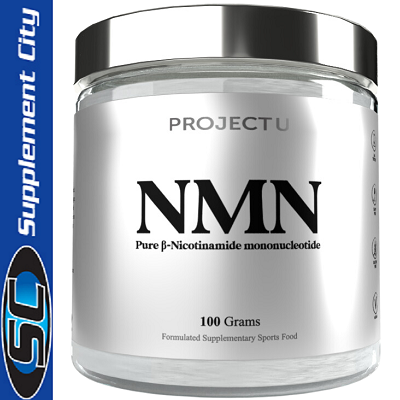NMN: Unlocking the Potential of Cellular Health
Nicotinamide Mononucleotide (NMN) is gaining attention in the health and wellness community. As a precursor to Nicotinamide Adenine Dinucleotide (NAD+), NMN plays a role in cellular energy production and metabolism. Let’s delve into what NMN is, its uses, and recommended dosage.
What is NMN?
NMN is a naturally occurring molecule found in small amounts in various foods such as broccoli, avocados, and cucumbers. It is a nucleotide that serves as a direct precursor to NAD+, an essential coenzyme involved in numerous biological processes, including energy metabolism, DNA repair, and gene expression. As we age, NAD+ levels in our bodies decline, leading to various age-related health issues. Supplementing with NMN can help restore NAD+ levels, thereby supporting cellular health.
Uses of NMN
- Energy Metabolism: NMN is involved in boosting NAD+ levels, which are vital for converting food into energy.
- Insulin Sensitivity: NMN may enhance insulin sensitivity.
- Cardiovascular Health: NMN supports vascular health by promoting blood flow and maintaining the elasticity of blood vessels.
- Cognitive Function: NMN may improve brain health by enhancing neuronal function and supporting cognitive functions such as memory and learning.
- Cellular Health: NMN may support cellular health by aiding in DNA repair and reducing oxidative stress.
- Muscle Health: NMN supplementation may support muscle endurance and strength.
Forms of NMN
NMN can be used in various forms, including:
- Dietary Supplements: Available in capsules, tablets, and powders, NMN supplements are a convenient way to boost NAD+ levels.
- Functional Foods: Some health products incorporate NMN into their formulations to enhance their nutritional value.
- Research and Therapeutics: NMN is being studied for its potential therapeutic applications in treating age-related diseases and metabolic disorders.
Dosage and Timing
The optimal dosage of NMN can vary based on individual needs and health goals. However, general guidelines suggest:
- Daily Supplementation: A typical dose ranges from 250 mg to 500 mg per day. Some studies have used doses up to 1,000 mg per day without adverse effects.
- Timing: NMN can be taken at any time of the day, but some prefer taking it in the morning to align with the body’s natural circadian rhythms.
Conclusion NMN is a supplement that is being explored for its potential to support various aspects of health, including energy metabolism, cardiovascular function, and cognitive health. Its role in NAD+ levels is of particular interest in ongoing research. As studies continue, NMN may become more widely recognized in the pursuit of longevity and optimal health.
Supplement City has a variety of the highest quality NMN currently available throughout the world!




